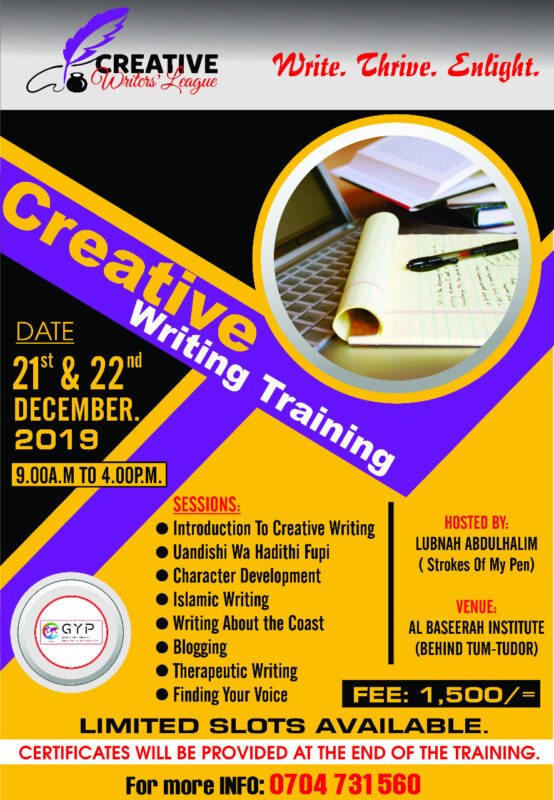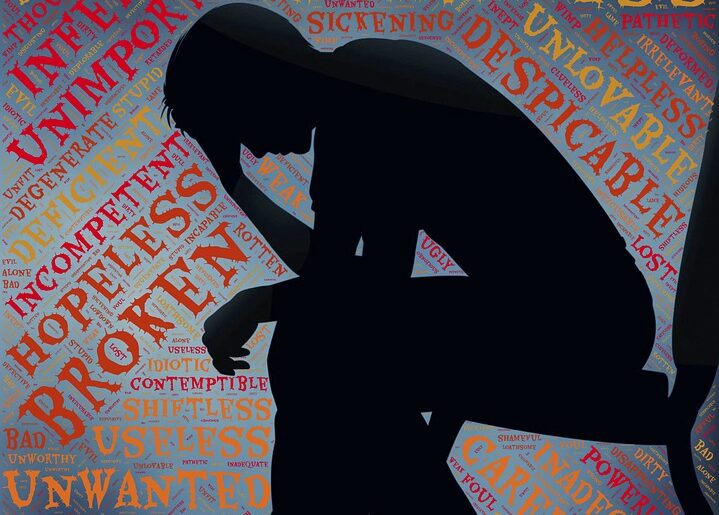Most people underestimate the power of words and language in our daily lives and how it eventually influences the path we tread on. In the heat of a moment, sometimes we say what we don’t mean, and think that ‘sorry’ will suffice at the end of the day. But what if, just what if, we decided to be more careful with what and how we speak in the first place? How can we still show love and compassion towards our partners and family during a conflict?
Doctor Gottman, an American psychological researcher and clinician who did extensive work over four decades on divorce prediction and marital stability, founded ‘The Love Lab’. He is known for his 90% accuracy in predicting divorce and has provided us with four primary predictors of divorce called ‘ Four Horsemen of the Apocalypse‘. These four are: criticism, contempt, defensiveness and stonewalling.
Criticism: When someone criticizes their partner, it implies that something is wrong with them or that you are attacking their character. In this case, one focuses on winning the argument or proving the partner wrong. For example, when you say, ‘You never do this…’, ‘Why are you like this…’, ‘You’re always….’, the spouse feels attacked and elicits a defensive response. The right way is to make a complaint about your spouse’s behaviour and not attack their personality. For example, when X happened, I felt Y, and I need Z.
Contempt: This is the worst predictor of divorce. Contempt is any statement of nonverbal behavior that puts you on a higher ground than your partner. This could be mocking your partner, calling him/her names, hostile humour, hurtful sarcasm etc. It attacks your spouse’s sense of self. It is also intended to put down or emotionally abuse or manipulate him or her. Instead, the couple should build a culture of respect, appreciation, tolerance and kindness in the relationship.
Defensiveness: This is an attempt to defend yourself from a perceived attack with a countercomplaint. Another way is to act like a victim or whine. This can look like making excuses (e.g., external circumstances beyond your control forced you to act in a certain way). Saying things like “It’s not my fault,” or “I didn’t …” can also be cross-complaining, such as meeting your partner’s complaint or criticism with a complaint of your own or ignoring what your partner said. Couples are expected to take a moment, slow down and listen attentively to what their partner is saying without interrupting them. The point is: have conscious communication where you are both trying to understand what the other is saying and choosing the right way to respond.
Stonewalling: The silent treatment. Storming out. Shutting down. Changing the subject. Complete withdrawal from communication. All these are acts of stonewalling. It is a strategy we use to avoid conflict. This might be an, albeit unsuccessful, attempt to calm oneself when overwhelmed. However, a better way to deal with such situations is to learn to identify the signs that you or your partner is starting to feel emotionally overwhelmed. It’s a good idea to verbalize that you feel overwhelmed. You can both agree to take a break and that the conversation will resume when you are both calmer.
Apart from these predictors of divorce or separation, there are some patterns or behaviour that sometimes cause further conflict without being fully aware of it.
We are all wired differently, right? Different backgrounds, different personalities, different cultures, races, behaviours etc. As such, it is normal that we experience life and all our emotions differently. It will be quite illogical to think that our way of thinking or living is the ONLY right way to do it. This will just cause conflict and misunderstandings. As such, couples are advised to take time and understand each other’s love languages and work towards compromise rather than conflict.
Below are some main differences among couples and how they can reach a middle ground and understanding.
1. Independence 1st vs Togetherness 1st
Some people are more comfortable and relaxed working alone or being alone rather than interacting with others. One spouse could be more family oriented than the other. Perhaps one involves their parents/siblings in their lives while others prefer dealing with their issues by themselves as a couple.
Someone who values independence first might get irritated or frustrated when they do not get enough alone time. Or when a conflict arises, they NEED personal space. Here it is not a matter of wanting anymore, it is a NEED. That means, that if they don’t get their personal space ASAP, it will make them more anxious and stressed.
Togetherness first, needs more interaction with others and may become anxious when the partner is not readily available. They always seek comfort. They NEED to know that everything is okay. They need that emotional contact to relax, and the lack of it might cause further anxiousness.
When conflict arises, these two may get upset when their coping mechanism is not met by their partner.
Independence-First talking to Togetherness-first: “You are too needy! I can’t read your mind just tell me what you want!”
“You are selfish for always wanting attention”
Togetherness-First talking to Independence-first: “You just run off when we have to talk about something important!”
“This doesn’t feel like a relationship, we are not a team!”
“You are selfish for only caring about yourself!”
2. Slow to Upset vs. Readily Upset
Slow to upset people get anxious when there is conflict. They would rather remain silent to avoid further escalation of conflict. They stay calm to control the situation. They feel better about diffusing their upset feelings.
Readily upset need to speak up right away when something isn’t right. They feel that conflict and arguments are normal and for them, speaking up about their upset feelings helps them calm down.
Slow to upset talking to readily upset: “You throw temper tantrums anytime you don’t get something your way.”
“Nothing is ever good enough for you, you are just always negative.”
Readily Upset talking to slow-upset: “You just cover up your true feelings just to avoid conflict.”
“You just want to pretend like everything is okay.”
3. Problem Solving 1st vs. Understanding 1st
Problem-solving 1st people seek to deal with the situation by finding an appropriate plan for it. They don’t seek sympathy or validation from their partner. They don’t see the point in discussing feelings over what happened. They think, ‘Something wrong has happened, what do we do next?’
Understanding 1st feels instantly better when they get a little understanding from their partner. They feel soothed when they get a little support and compassion. For such people, acknowledging their emotions or the intentions underlying their actions is important. What Type of understanding is understanding first people looking for? It’s a matter of timing, it is not that they don’t want a solution, it is just they feel understanding comes first, then looking for a solution.
Problem-Solving talking to Understanding-first: “You just want to complain but never do anything to make things better”
“You just want to be upset! Maybe you just like feeling miserable”
Understanding-First to Problem-solving first: “You don’t care how I feel, you just want to pretend as if nothing happened.”
“You just want to sweep your feelings under the rug.
What then can couples do to ensure more understanding?
1. Write down which core difference you are and which your partner is
2. Think of a specific time where this caused a conflict between you and your spouse.
3. Accept the idea that both of you have legitimate ways of relaxing
4. Stretch your comfort levels a bit so may give and take in a way where each of you gets your needs at least partially met. Write down what you can say and do to find a compromise.
No one can say one way of navigating life is better or more correct than the other. We are all different. The important thing is to understand the other person’s view and stand. You can’t always expect your spouse to cross over to your sideline. Sometimes, according to the situation, you give them the space they need and sometimes, they give you the attention you need. They say love isn’t always what makes marriages stronger…it is the understanding, compromises, compassion, mercy and forgiveness. Take the time to learn how your partner functions and copes during conflict. Be kind. Be understanding. Be compassionate. There has never been a shortcut to a successful marriage, has there?
Despite this being mostly about couples and marriage, this information is useful for any other kind of relationship or interaction as well!
REFERENCES:
- Notes by Dr Usman Mughni, MS, LMFTA, Licensed Marriage & Family Therapist.
- https://www.verywellmind.com/four-scientific-predictors-of-divorce-4045691
- https://psychcentral.com/blog/4-warning-signs-marriage-therapists-use-to-predict-divorce/












